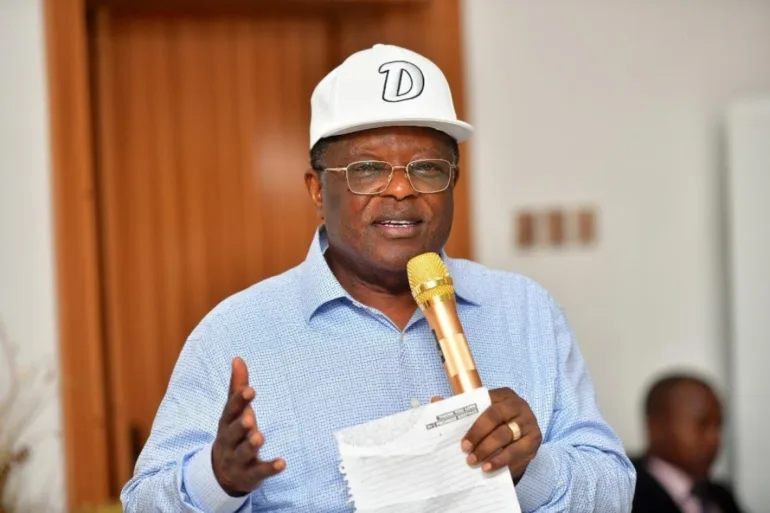The Federal Government has announced plans for a comprehensive rehabilitation of the Third Mainland Bridge in Lagos, following the N21 billion emergency repairs carried out late last year.
Minister of Works, Dave Umahi, revealed on Thursday that a fresh allocation of N3.8 trillion has been approved to address deep structural issues threatening the long-term viability of the iconic bridge.
Speaking after the Federal Executive Council (FEC) meeting in Abuja, Umahi said extensive underwater and structural assessments revealed significant damage to the bridge’s piles and piers. The deterioration, he noted, was largely due to illegal sand mining, corrosion, and erosion.
“The extent of the damage is quite serious. The findings mirror what we previously discovered on the Carter Bridge, which experts have now declared beyond repair,” Umahi said. He added that engineering firm Julius Berger recommended a full replacement of the Carter Bridge, with the project estimated at N359 billion.
Meanwhile, the Lagos State Government has announced temporary traffic adjustments ahead of emergency repairs on the Maryland Independence Bridge.
Commissioner for Transportation, Oluwaseun Osiyemi, stated that the repair work—targeting a damaged section of the wall and expansion joints—will take place from Saturday, August 16 to Tuesday, August 19, 2025, between 11:00 p.m. and 4:00 a.m. daily.
He advised motorists to use alternative routes during the three-night repair window to ease congestion and ensure safety.
In a related development, Minister of Finance and Coordinating Minister of the Economy, Wale Edun, has said the Federal Government is now recalibrating its spending priorities due to shortfalls in key budget projections, particularly in oil output and price benchmarks.
Speaking at a media briefing in Abuja, Edun described Nigeria’s current economic state as one of stability, but stressed the need to transition toward real improvements in citizens’ quality of life.
“The task ahead is to move from economic stability to better livelihoods for Nigerians—more jobs, higher incomes, and better public services,” he said.
He noted that limited resources are now being channelled toward high-impact sectors that directly affect citizens and support the administration’s broader economic growth goals.


